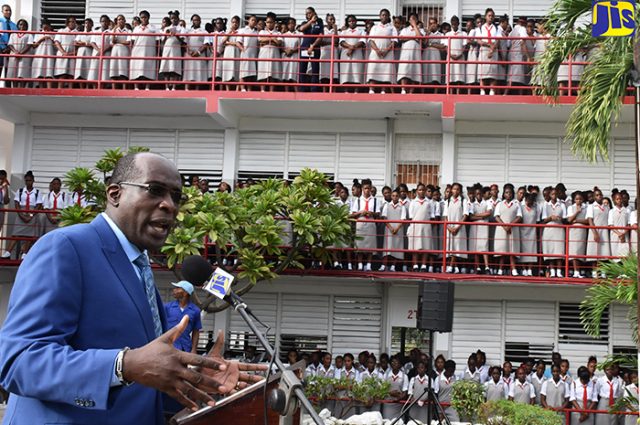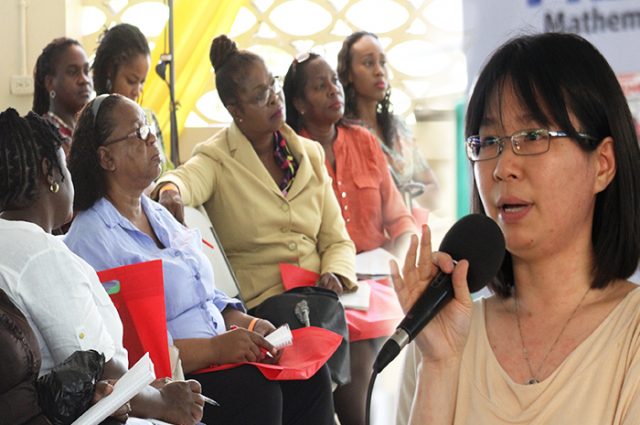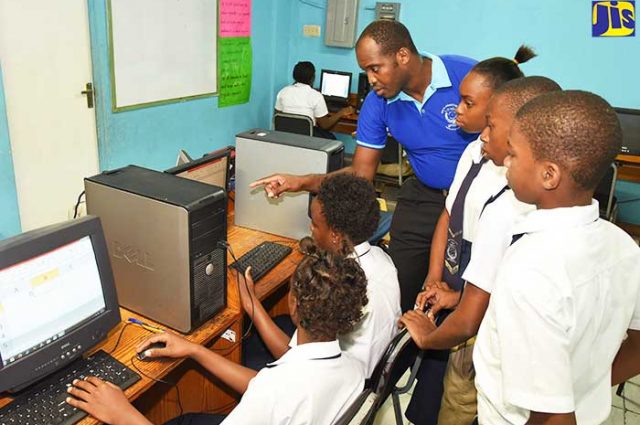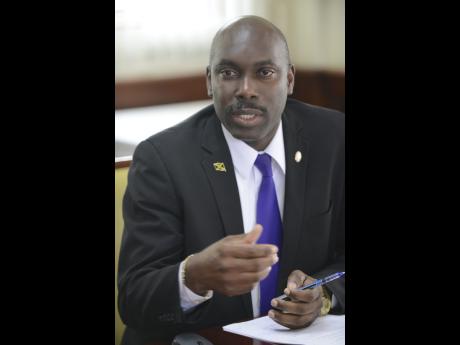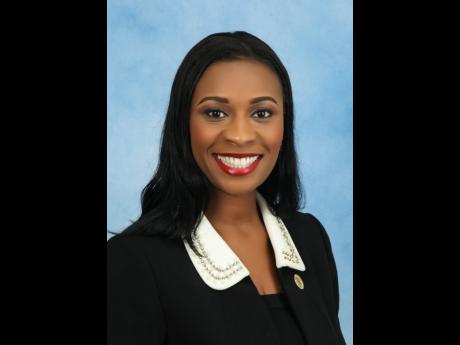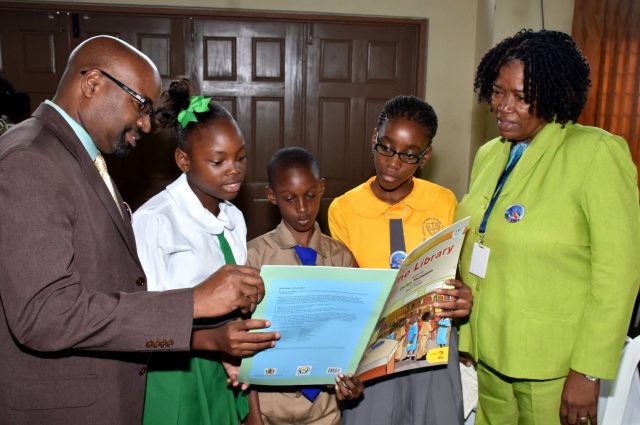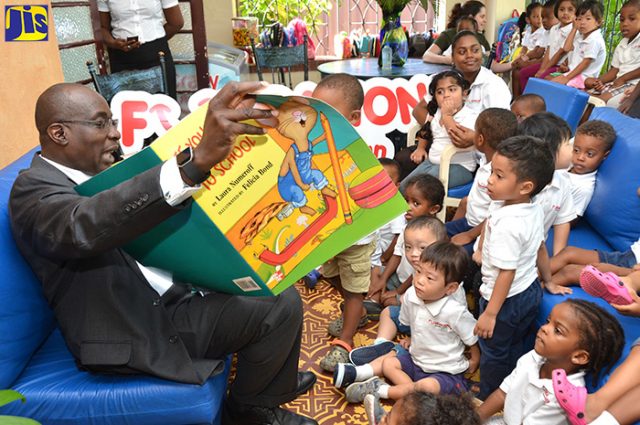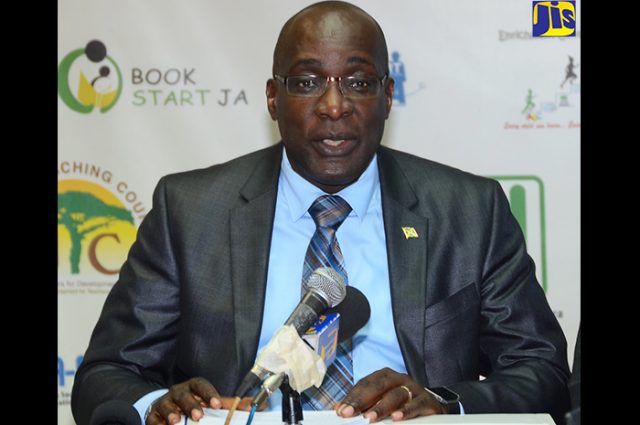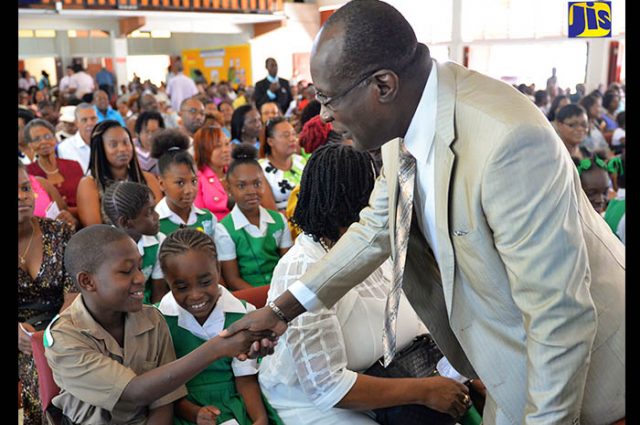JIS: Education, Youth and Information Minister, Senator the Hon. Ruel Reid, says there will be 100 per cent placement of all students in full high schools next year.
During a visit to The Queen’s School in St. Andrew, on September 12, Senator Reid noted that this will be made possible as a result of expansion being undertaken at certain secondary schools.
“You have one per cent in the primary and junior high schools and 99 per cent in a full high school. As of next year, based on the programme of increasing the spaces and expanding the high schools, and converting junior high to high school, we’ll have that 100 per cent,” the Minister said.
Senator Reid pointed out that the 100 per cent placement of students in the full high school “will coincide nicely with the end of the Grade Six Achievement Test (GSAT)”.
“All our students, for the first time, will be getting a full high-school education from grade seven,” he indicated.
Additionally, the Minister informed that come next year, the high-school years will be extended from five to seven, which will give every student, “by the time they graduate, the equivalent of an associate degree”.
Senator Reid noted that such a move will result in the reduction of unattached youth or students being left behind.
Meanwhile, the Minister said science, technology, engineering and mathematics (STEM) courses of study are to be incentivised.
“It is important for us to incentivise to get a work-ready (labour) force. A lot of students may want to pursue these courses, but there are financial challenges. So, we have to make sure there are no barriers to accessing the Students’ Loan Bureau, if that is where they want to go, or there are particular persons we can offer scholarships,” he said.
Senator Reid said the Ministry will be working in partnership with the Ministry of Economic Growth and Job Creation “to target areas dealing with engineering”.
“We are very short on engineers that are very critical for the knowledge process outsourcing (KPO) sector, but also for the massive developments that are taking place in manufacturing,” he said.
While at the all-girl school, Mr. Reid challenged them to uphold the core values of the school in all spheres of their lives. He was also led on a short tour by Principal, Jennifer Williams.
Since the start of the new school year on September 4, the Minister has visited several schools to make sure that everything is in order.
CAPTION: Education, Youth and Information Minister, Senator the Hon. Ruel Reid (left), addresses students of The Queen’s School in Kingston on September 12.


